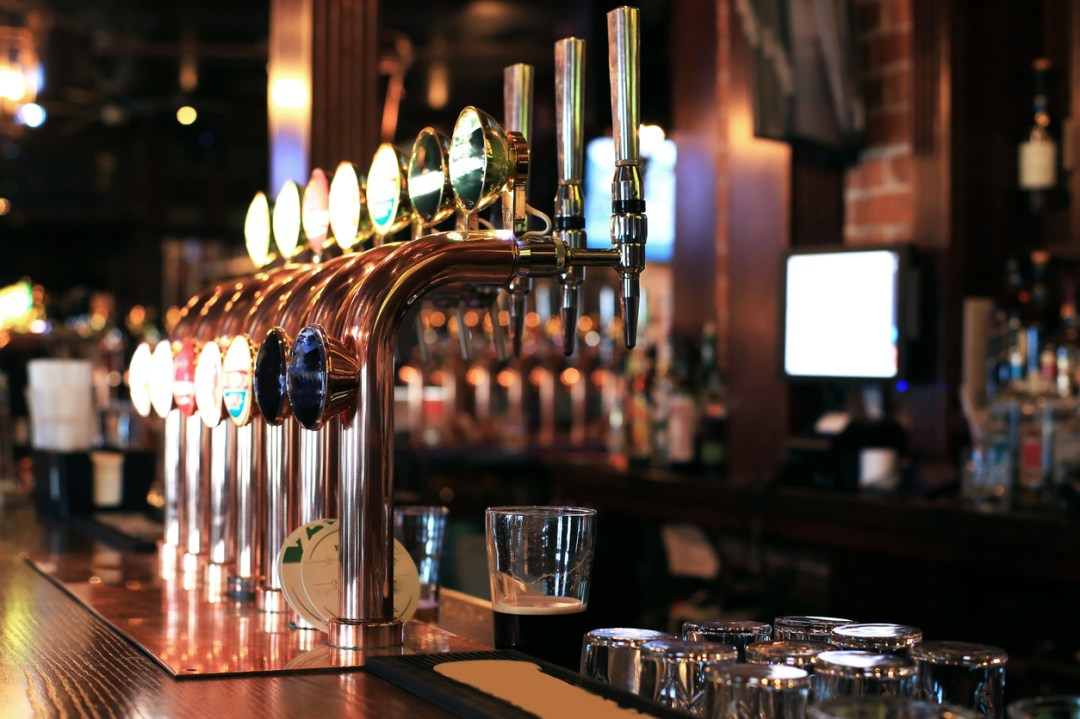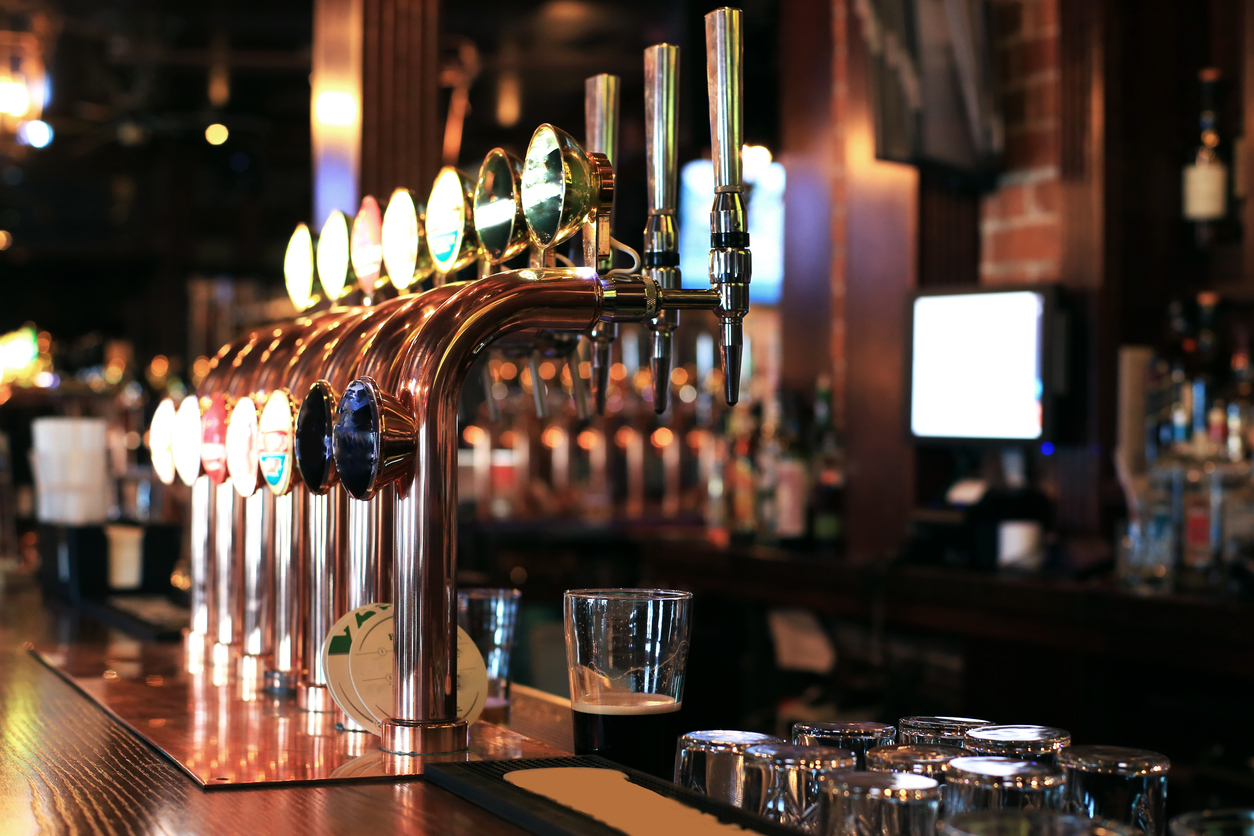What is duty on alcoholic drinks for: to raise revenue or to make us better, more sober people? A close reading of the new duty rates which were announced in the spring budget, but which come into effect today, provide little enlightenment. You can read them for yourself, but here is a summary:
- On beer or cider less than 3.5 per cent alcohol by volume (ABV) you will pay £9.27 per litre of alcohol in the product. (Wine of that strength would be taxed the same, but it wouldn’t be much of a wine, more a part-fermented grape juice drink.)
- On beer between 3.5 percent and 8.5 per cent ABV you will pay £21.01 per litre of alcohol. Unless, that is, you are drinking draught beer in a pub, in which case you will pay £19.08 per litre of alcohol.
- On still cider between 3.5 per cent and 8.5 per cent ABV, on the other hand, you will pay just £9.67 per litre of alcohol.
- On wine and spirits between 3.5 per cent and 8.5 per cent ABV you will pay £24.77 per litre of alcohol in the product. (If there is such a thing as a spirit of that alcohol concentration – they would have to be watered down to be that strength.)
- On all alcoholic drinks between 8.5 per cent and 22 per cent ABV you will pay £28.50 per litre of alcohol in the product, while on drinks over 22 per cent ABV this jumps to £31.64.
To try to put some sense into this, it would appear that the government wants us to drink weak beer, but not weak wine. It doesn’t particularly want us drinking wine at all, but prefers wines that have been tinkered with to reduce alcohol content, rather than the proper stuff.
Further, the government considers capturing votes in Somerset to be more important than those in Burton-upon-Trent – why else is there such a differential in the rate between mid-strength beer and cider? And it appears that the government is least bothered about trying to buy votes in Scotland, instead pushing us to give up whisky for something a little weaker.
The government has tried to win over drinks businesses by increasing the draught relief from 5 per cent to 9.2 per cent for ‘qualifying’ beers and ciders, and from 20 per cent to 23 per cent on eligible wine and spirits, which means that a reduced rate of duty will apply to certain products being sold in pubs on draught. Bosses of pub giants JD Wetherspoon and Greene King have welcomed the extended draught relief, but remain concerned that not enough is being done to protect the industry.
Alcoholic drinks used to be taxed more on a value basis: the finer your wine, the more duty you paid. You still pay more VAT on expensive drinks compared with cheap drinks, but otherwise alcohol duties have become more regressive: taxing the tipples of the poor by a higher percentage than drinks enjoyed by the wealthy. Yet the duty changes have been sold as if they are the opposite – favouring the working man and his draught beer.
The changes create a very complicated system of duties (whatever happened to tax simplification?) with conflicting incentives. But alcohol duty is hardly the only tax in that position…








Comments